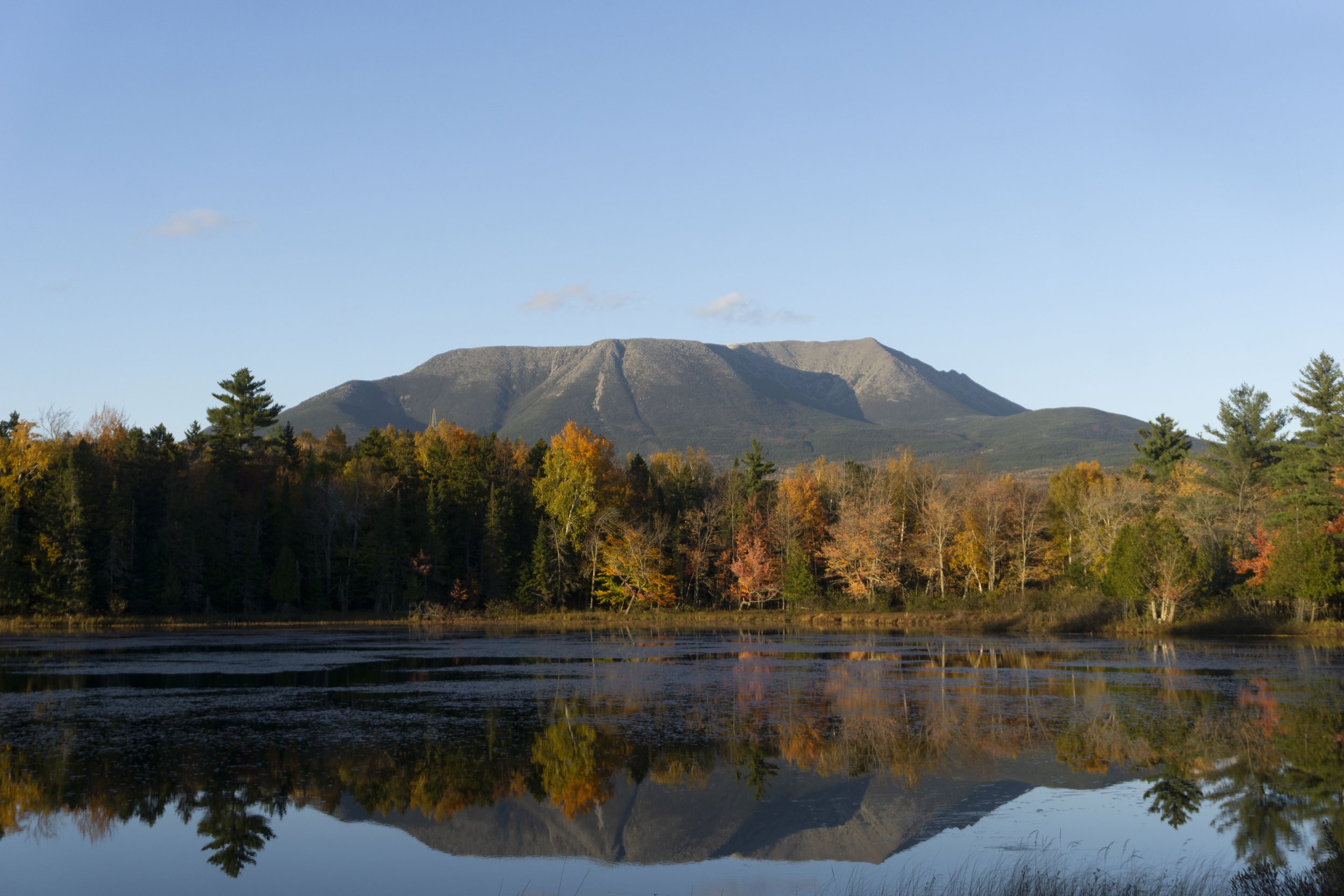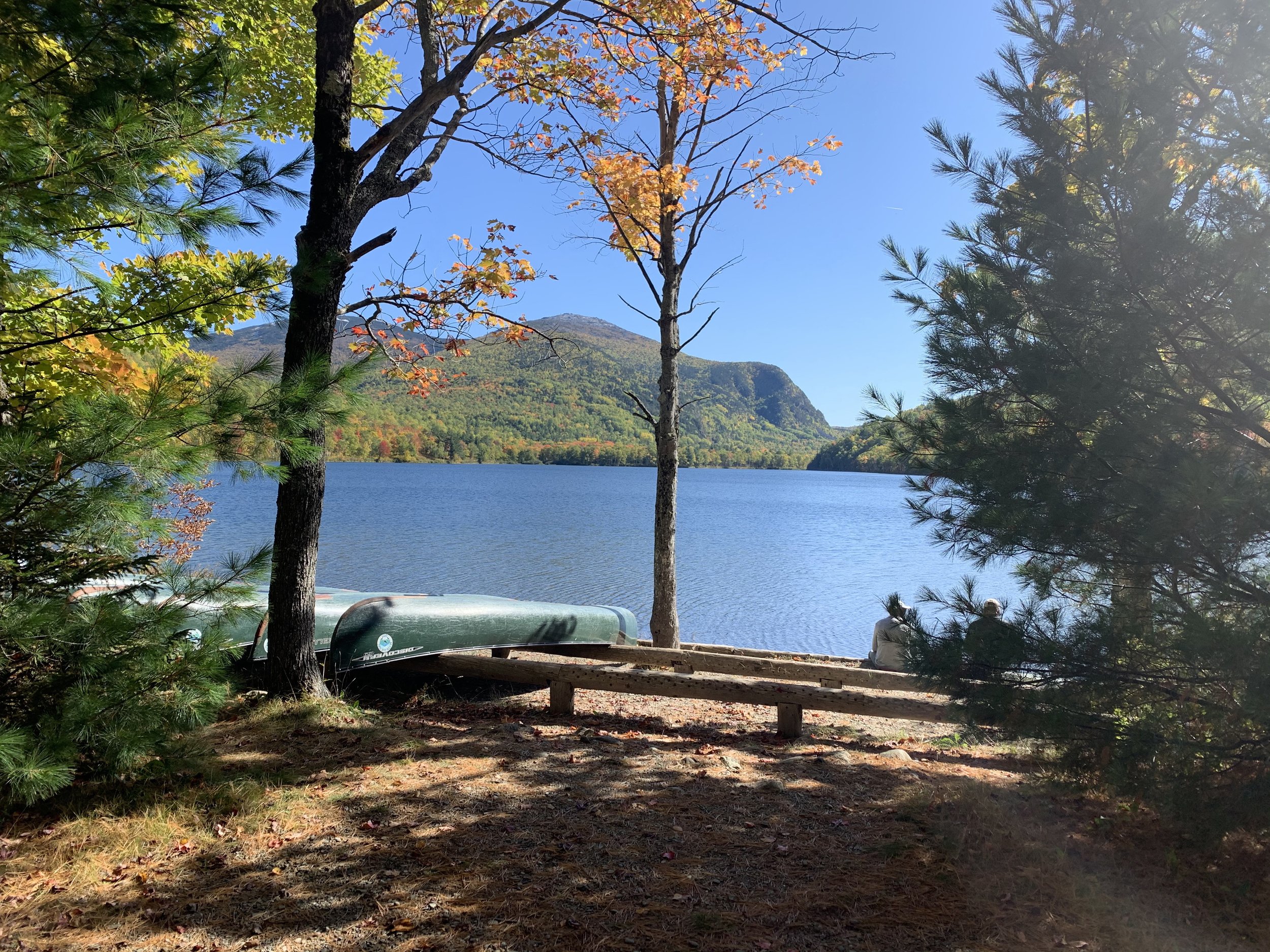
Visiting Baxter State Park
Baxter State Park was a gift to the people of Maine from just one person, Percival P. Baxter. To Baxter, the land and the animals were primary, and human visitors were secondary. Visitors are responsible for their impact on the environment and their own safety when exploring this wilderness. This is what Baxter called “the right, unspoiled way.”
The Basics
-

Climbing Katahdin
-

Camping
-

Hiking
More Activities
-

Fishing
-
Day Trips
-

Paddling
-

Swimming
-

Baxter in Winter
-

Baxter with Kids
How to Baxter
Friends of Baxter State Park presents our new video series, How to Baxter.
Get started with these helpful videos for fishing and paddling. Say tuned for more!
Know Before You Go!
Facilities within the Park are rustic and without electricity or cell service.
There is no potable water in the Park. Plan to bring drinking water or a means to purify water from local sources.
All trash must be carried out, human waste only in the outhouses, please.
Do not bring firewood into the Park as it can harbor unwelcome critters and diseases. Firewood is available for sale in the Park.
There are no stores within the Park to purchase gas and other supplies.
All sites require a reservation before camping.
Picking or collecting any plant specimens is prohibited.
Leave No Trace: The Park has a carry-in carry-out policy. All waste must be carried out. Keep garbage to a minimum, and store it in your car or hang it from a bear line.
Not Allowed
Pets or domestic animals are not allowed.
Firearms: Firearms, pistols, air guns, bows, and slingshots are not allowed except in limited circumstances.
Power Equipment: Chainsaws, generators, and other power equipment are not allowed.
Electronic Devices: The use of audio or visual media devices in any way that impairs the enjoyment of the park by others is prohibited.
Drones: Unmanned aerial vehicles, also known as drones, may not take off or land in the park and are prohibited on Park trails, ponds, and waterways.
Firewood: Bringing firewood into the Park is prohibited. Firewood is available for purchase in the Park.
Wilderness Safety
Hypothermia: Hypothermia, the “progressive physical collapse and reduced mental capacity resulting from the chilling of the inner core of the human body,” can occur even at temperatures above freezing. Temperatures in the Park can drop rapidly. Exposure to frigid bodies of water and sudden mountain storms can turn a pleasant day into a life-threatening experience. Be prepared!
Water Hazards: Many stream crossings do not have bridges. Particular care is needed where water flows over a ledge since the rock may be extremely slippery. The water level in streams can rise rapidly in storms, making crossings difficult or impossible.
Solo Travel: While it is safer to travel the backcountry in company with another, it is not required. If you do plan to go solo, let someone, preferably a ranger, know your plans and expected time of return — and check in when you do return. Be sure to use the hiking register. Special rules apply to winter solo use.
Insects: Tiny black flies are the first biting flies to appear in the spring, and then even tinier no-see-ums or midges. By June, mosquitoes show up, slacking off toward autumn. Fortunately, black flies quit at sundown; unfortunately, midges and mosquitoes do not. In deep summer, green deer flies and larger black moose flies happily chew on unprotected skin. Most insect repellents also protect against ticks.
Lightning: Lightning is most hazardous above treeline but is dangerous anywhere. If caught in the heights, seek a low spot and squat down, making yourself as small as possible. Groups should spread out to avoid multiple victims. Metal frame packs should be removed. Do not lie down. Below treeline, move to shelter or, if in the woods with no other option, take shelter under the shorter trees. Stay away from water or wet places.

